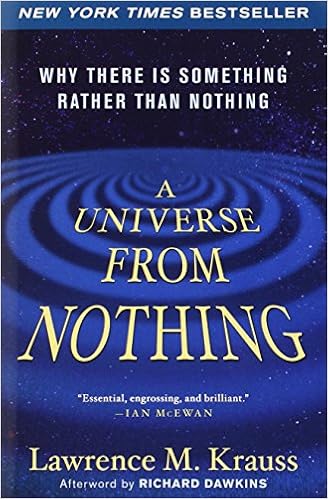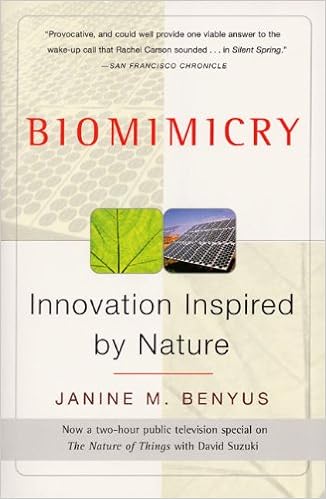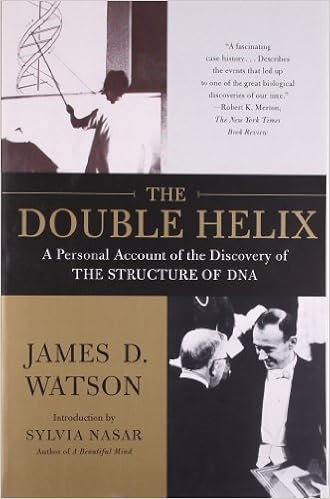Reading List
Currently
“The periodic table” by Primo Levi.
Recently finished
“Junk DNA” by Nessa Carey. Although a bit dated, this book remains an excellent overview of how non-coding DNA and RNA have huge impacts on gene expression, regulation and more. Many clear and fascinating examples can be found and are clearly explained both from the personal and the scientific point of view. An impressive guide to how much more we still need to know in this field.
Past adviced readings
 “Oxygen: The molecule that made the world” by Nick Lane. Lane’s first book providing an impressive multidisciplinary overview and lookup on how oxygen evolved on Earth, is tied to evolution of life, and can explain many of our diseases and aging-related conditions. A great read with a bit of a skeptical eye and with some technical knowledge required for some parts.
“Oxygen: The molecule that made the world” by Nick Lane. Lane’s first book providing an impressive multidisciplinary overview and lookup on how oxygen evolved on Earth, is tied to evolution of life, and can explain many of our diseases and aging-related conditions. A great read with a bit of a skeptical eye and with some technical knowledge required for some parts. “The God Delusion” by Richard Dawkins. A powerful, extremely rich and sometimes a bit complicated on why Prof. Dawkins thinks there is no need for a God, nor there is no evidence of one. Targeted to those who are either struggling with their faith or started to follow a religion but are not completely convinced yet.
“The God Delusion” by Richard Dawkins. A powerful, extremely rich and sometimes a bit complicated on why Prof. Dawkins thinks there is no need for a God, nor there is no evidence of one. Targeted to those who are either struggling with their faith or started to follow a religion but are not completely convinced yet. “Spillover: Animal infections and the next human pandemic” by David Quammen. A bit late maybe, but WOW what a book to re-discover in this COVID-19 period! This work of art, gives a perfect first person view of what infectious disease are, where they come from and why they are much more common than we think!
“Spillover: Animal infections and the next human pandemic” by David Quammen. A bit late maybe, but WOW what a book to re-discover in this COVID-19 period! This work of art, gives a perfect first person view of what infectious disease are, where they come from and why they are much more common than we think! “Sapiens: a brief history of humankind” by Yuval Noah Harari. Where do I start? A legendary book of a genius. Harari managed to condense down and illustrate in an extremely engaging way the history and evolution of Homo sapiens from our origins to modern world. In this tale we are exposed to the biggest invention of humans: the ability of telling stories and believing in immaginary constructs.
“Sapiens: a brief history of humankind” by Yuval Noah Harari. Where do I start? A legendary book of a genius. Harari managed to condense down and illustrate in an extremely engaging way the history and evolution of Homo sapiens from our origins to modern world. In this tale we are exposed to the biggest invention of humans: the ability of telling stories and believing in immaginary constructs. “Evolutions: Fifteen Myths That Explain Our World” by Oren Harman. A collection of tale-like essays on our world and its history. From the origin of the moon to our life, Harman tells us stories like we are being spoken directly by the subject in question.
“Evolutions: Fifteen Myths That Explain Our World” by Oren Harman. A collection of tale-like essays on our world and its history. From the origin of the moon to our life, Harman tells us stories like we are being spoken directly by the subject in question. “The vital question” by Nick Lane. This book was really a mind-blown to me. I will definitely try to write a whole blog post about it. But briefly, Lane tries to explain with biochemical and evolutionary principles how life is the way it is. Outstanding!
“The vital question” by Nick Lane. This book was really a mind-blown to me. I will definitely try to write a whole blog post about it. But briefly, Lane tries to explain with biochemical and evolutionary principles how life is the way it is. Outstanding! “A universe from nothing” by Lawrence Krauss. How can something come about from nothing? An interesting explanation of the physics of the existing while trying to mine some of the most radical religious claims about the origin of the universe.
“A universe from nothing” by Lawrence Krauss. How can something come about from nothing? An interesting explanation of the physics of the existing while trying to mine some of the most radical religious claims about the origin of the universe. “Acquiring Genomes, a theory of the origins of species” by Lynn Margulis and Dorion Sagan. A provocative, fascinating and crazy theory accounting for the origin of species. Symbiogenesis is the key. Could modern organisms have arisen not only through gradual selection of mutations but also through “jumps” in history thanks to merging of genomes due to symbiogenesis?
“Acquiring Genomes, a theory of the origins of species” by Lynn Margulis and Dorion Sagan. A provocative, fascinating and crazy theory accounting for the origin of species. Symbiogenesis is the key. Could modern organisms have arisen not only through gradual selection of mutations but also through “jumps” in history thanks to merging of genomes due to symbiogenesis? “The Panda’s thumb, more reflections in natural history” by Stephen Jay Gould. He came up together with Neil Eldredge with the punctuated equilibrium theory for evolution timescale. Good reading filled with insights on a crazy number of natural history episodes.
“The Panda’s thumb, more reflections in natural history” by Stephen Jay Gould. He came up together with Neil Eldredge with the punctuated equilibrium theory for evolution timescale. Good reading filled with insights on a crazy number of natural history episodes. “Biomimicry, innovation inspired by nature” by Janine M. Benyus. An illuminating account of a newly emerging branch of knowledge: Biomimicry. This book should inspire many people to look at the civilized world in a different way. I bought the book when it was really a new thing, now it’s a big deal. Check them out at Biomimicry.org and asknature.com
“Biomimicry, innovation inspired by nature” by Janine M. Benyus. An illuminating account of a newly emerging branch of knowledge: Biomimicry. This book should inspire many people to look at the civilized world in a different way. I bought the book when it was really a new thing, now it’s a big deal. Check them out at Biomimicry.org and asknature.com “The double helix, the discovery of the structure of DNA” by James D. Watson. An amazing story for an amazing milestone in biology. It really is more like a novel than a scientific manuscript. Enjoyable at its best.
“The double helix, the discovery of the structure of DNA” by James D. Watson. An amazing story for an amazing milestone in biology. It really is more like a novel than a scientific manuscript. Enjoyable at its best. “The selfish gene” and “The extended phenotype” by Richard Dawkins. Two masterpieces that have to be read. I will have to talk about some of the stuff inside these books sooner or later. For now check this post out for a brief introduction.
“The selfish gene” and “The extended phenotype” by Richard Dawkins. Two masterpieces that have to be read. I will have to talk about some of the stuff inside these books sooner or later. For now check this post out for a brief introduction. “The future of life” by Edward O. Wilson. One of the greatest science writers explains problems and future perspectives on life on our planet Earth.
“The future of life” by Edward O. Wilson. One of the greatest science writers explains problems and future perspectives on life on our planet Earth.
